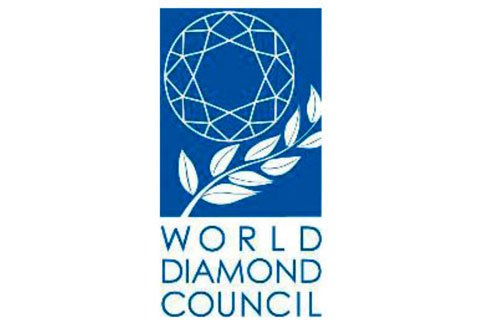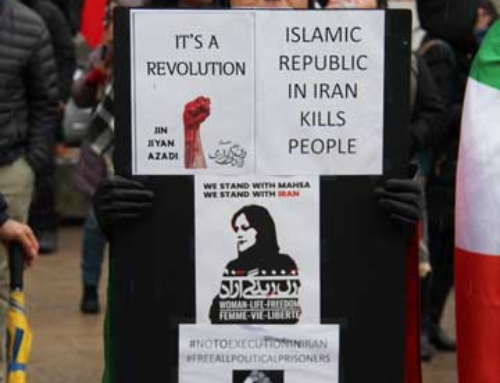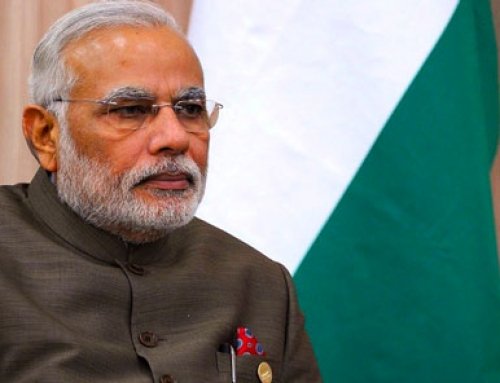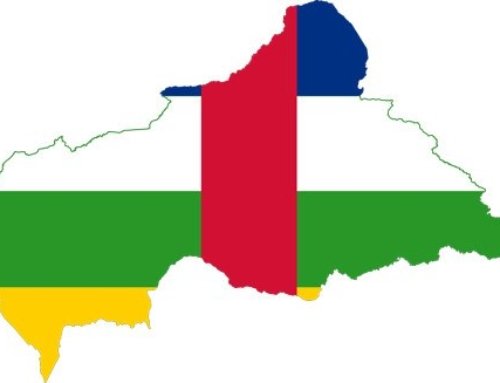The World Diamond Council (WDC) has invited the public to revise the reforms of its guarantee system (SoW), a method the organization has put in place to keep the supply chain unaffected by conflict.
The World Diamond Council created its SoW in 2000 to provide additional assurance beyond what was offered by the Kimberley Process (KP). The system obliges diamond suppliers and jewelery manufacturers to ensure that their goods are conflict-free whenever a stone changes hands.
The World Diamond Council has drafted new guidelines, available for review until October 1st. The reforms are expected to come into effect next year.
“Even if the definition of conflict diamonds, that is, those used to finance rebel movements, has brought to light the need for significant change, it is unmistakable and heartbreaking that the nature of conflict has evolved,” said Stéphane Fischler, Interim President of the WDC. “The current SoW reforms reflect our commitment to maintain a duty of care, that of diamond communities, by helping to maintain safe and secure working conditions, fair business practices and sustainable development.”
“Reforms are also an insurance for consumers: all the diamonds they buy come from an ethical and responsible source,” added Stéphane Fischler.
What is the mission of the World Diamond Council?
The main objective of the World Diamond Council is to represent the diamond industry in the development and implementation of regulatory and voluntary systems to control the trade in UN embargoed diamonds or covered by the certification system of the United Nations Process, Kimberley.
The WDC:
- Established the Safeguards System that extends the effectiveness of the Kimberley Process beyond the export and import of rough diamonds;
- Assists the Kimberley Process by managing the resources of the diamond industry to provide technical, financial and other support;
- Represents the industry in the Kimberley Process, Kimberley Process Committees and other relevant forums; and
serves as a central point of contact for measures taken to ensure compliance with regulatory and voluntary systems to prevent the trade in conflict diamonds.
Conflict diamonds are rough diamonds used by rebel movements or their allies to fund conflicts aimed at undermining legitimate governments, as described in the relevant United Nations Security Council and UN General Assembly Resolutions.
The core values of the World Diamond Council
The members of the WDC are guided by certain fundamental values. By becoming a member of the WDC, they accept the values detailed below.
Fundamental values
- Implementation of all elements of the WDC safeguards system
- Ensure that they and their business partners understand and apply the KPCS and WDC safeguards system
- Support the WDC’s mission by engaging in its programs and paying all required membership fees
- Training of themselves and staff on compliance requirements for all elements of the Kimberley Process Certification Scheme (KPCS) applicable to their business
In addition, WDC members commit to:
- Communicate to all business partners throughout the pipeline a commitment to the policies of the World Diamond Council, KPCS and the Guarantees System.
- Undertake to make the following affirmative statement on all invoices:
“The diamonds invoiced here were purchased from legitimate sources not involved in the financing of a conflict and in accordance with United Nations resolutions. The seller guarantees that these diamonds are without conflict, on the basis of personal knowledge and / or written guarantees provided by the supplier of these diamonds.“
“If we want our regulators to do better, we need to embrace a simple idea: regulation is not a barrier to thriving free markets; it is an essential part of them.”
Sylvain Goldberg







